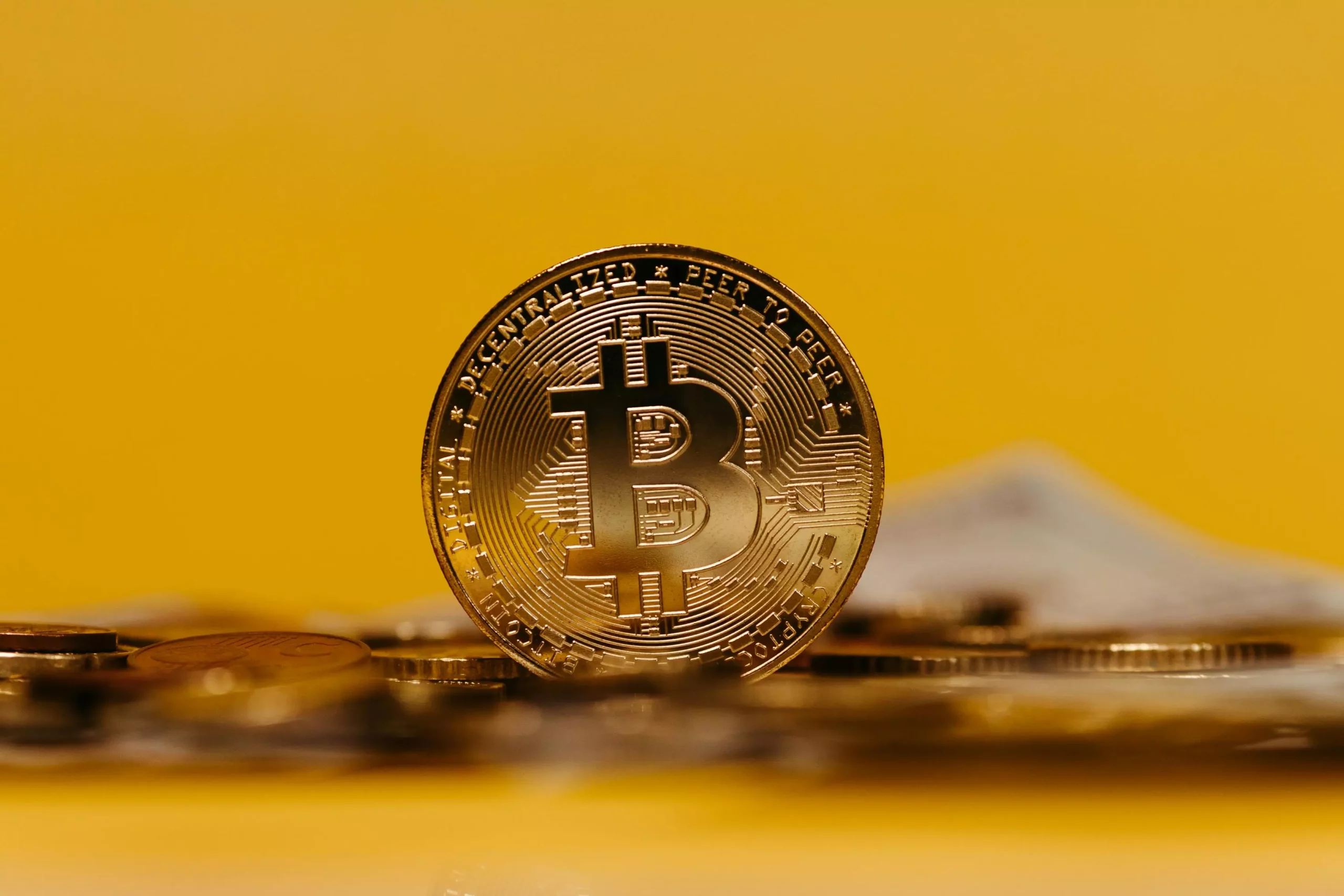With the surprising concept of a U.S. Bitcoin Strategic Reserve emerging from President-elect Donald Trump’s campaign, the cryptocurrency community has become embroiled in a heated debate. Advocates assert that establishing such a reserve could position the United States as a frontrunner in the global cryptocurrency arena. However, amidst this enthusiasm, significant skepticism exists, particularly from seasoned figures within the crypto industry. One of the most vocal critics is Ki Young Ju, CEO of CryptoQuant, who casts doubt on the practicality and likelihood of implementing this initiative.
Ju’s concerns rest on several key premises regarding economic dynamics and the U.S. dollar’s status as the dominant global currency. He questions whether any proposal for a Bitcoin reserve can gain traction, particularly given the prevailing assurance investors have in the safety and stability of the U.S. dollar. In times of economic uncertainty, historical trends indicate that asset classes such as gold often flourish, further complicating the potential acceptance of Bitcoin as a legitimate alternative. Ju draws parallels between today’s sentiments towards Bitcoin and past discussions surrounding gold, particularly advocating for gold as the ultimate form of currency championed in previous decades by figures like Peter Schiff.
The crypto executive raises an interesting point: without a substantial threat to U.S. economic power, the call for a Bitcoin reserve lacks urgency. He argues that investor trust in the U.S. economy and its currency remains robust, making it difficult for Bitcoin to gain recognition in this context. Based on current market perceptions, Ju suggests that unless a legitimate challenge to U.S. economic supremacy emerges, the Bitcoin reserve debate may fail to resonate meaningfully.
Historically, whenever the United States feels its economic dominance is threatened, there has been a noticeable surge in alternative asset prices, gold being the most prominent example. This historical narrative ties back to the long-standing discussion of the gold standard, which serves to remind investors of the importance of reliable store-of-value assets during turbulent times. Presently, however, Ju suggests that there is no compelling evidence pointing to a loss of confidence in the dollar or the U.S. economy, as it continues to account for a significant 37.8% of global Bitcoin processing as of 2022, solidifying its position as a leader in the crypto mining sector.
Another layer of complexity arises from the unpredictable nature of the political landscape. Ju speculates that Trump’s eventual stance on Bitcoin may shift as he attempts to solidify his political standing. If he can illustrate the resilience of the U.S. economy and enhance the dollar’s status, it is uncertain whether he will maintain his bullish approach towards Bitcoin. Ju postulates that a retraction of support for Bitcoin advocacy could occur without alienating Trump’s voter base, should his administration choose to prioritize other economic objectives.
The fluctuating market dynamics and the inherent volatility within the cryptocurrency realm make it challenging to predict which of Trump’s earlier campaign promises regarding Bitcoin will materialize. Ju emphasizes that any substantial policy regarding a Bitcoin reserve would demand more than mere political rhetoric—it would entail concrete understanding and planning amid a complex, interconnected global economy.
As we analyze the potential ramifications of a Bitcoin Strategic Reserve, it becomes evident that several factors need closer examination. Economic stability, investor confidence, and political will all play quintessential roles in determining whether such a reserve can evolve from concept to reality. While the enthusiasm of crypto proponents is palpable, it must be tempered with realistic expectations and a critical understanding of the existing economic landscape.
The debate surrounding a U.S. Bitcoin Strategic Reserve reflects broader themes of financial evolution and the search for alternative asset stability in a rapidly changing world. The outcome will ultimately hinge on how well the political and economic narratives evolve—both domestically and internationally—impressing upon the cryptocurrency community the need for ongoing vigilance and adaptability in the face of uncertainty.














